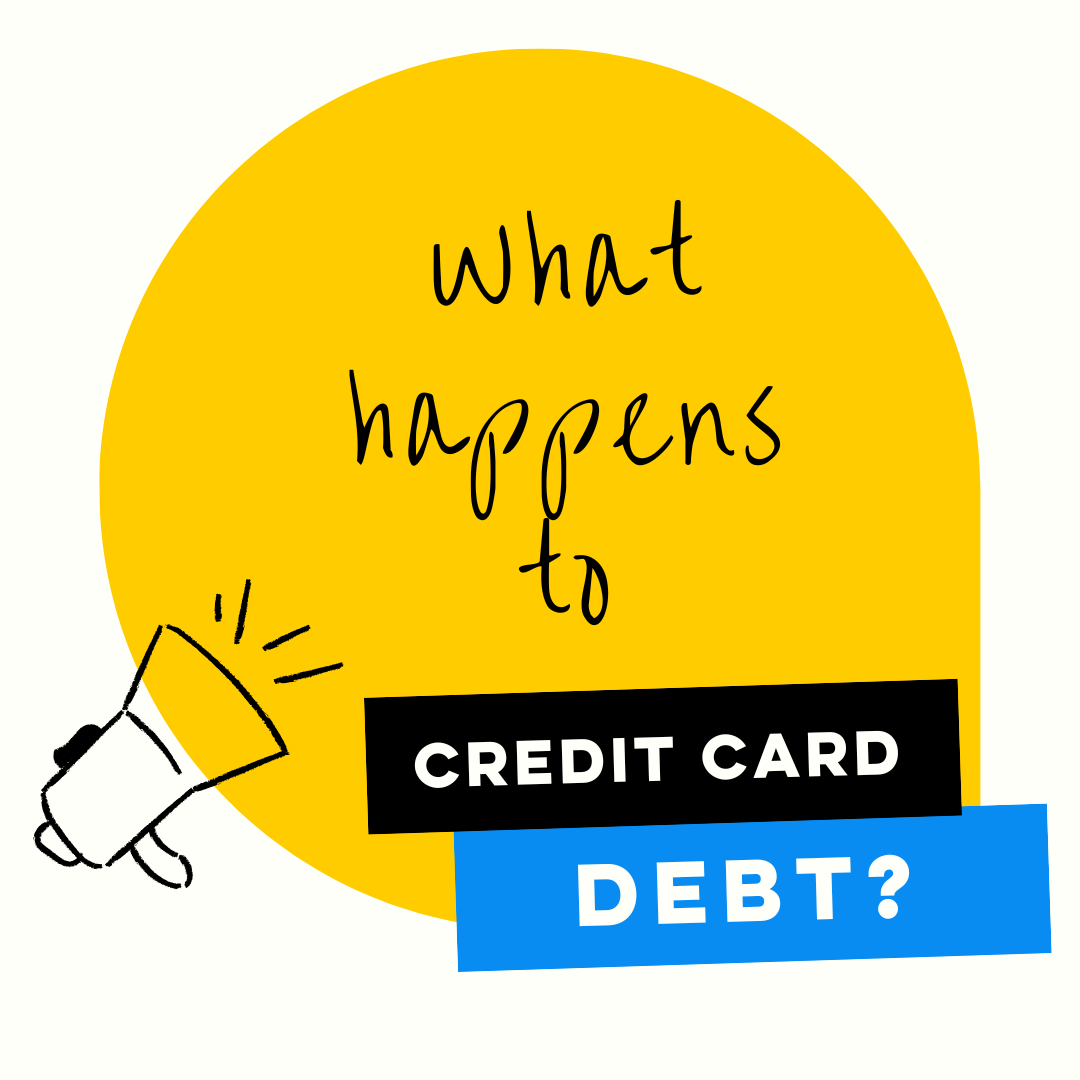Lost and Found: Finding What Your Loved One Left Behind
Finding forgotten assets is one of the most daunting tasks for anyone managing

We all carry some credit card debt from time to time, but what happens if the owner of that credit card debt passes away? The process of establishing a payment schedule for any type of debt can be stressful, but worrying about how your debt – or a loved one’s debt – will be handled after death can cause even more anxiety. In this post, we’re going to walk you through the process of settling debt after death and give you some helpful tips on how to avoid some of the most common problems. Although we’re familiar with this process, remember that every situation is different, and these recommendations aren’t from an attorney. If you’re considering making any decisions, always talk to your lawyer first. We hope you’ll find this article helpful.
The short answer to our question is somewhat simple – your estate pays your debt after death. “Your estate is everything that you own when you die, such as money in bank accounts, real estate, and other assets,” (Justin Pritchard, The Balance). Upon your passing, your estate is settled, which means any outstanding balances can be paid from your estate. Consult an attorney before paying any debts – you might not have to. However, if you are on the hook for payment, remember that you can always call credit card companies to negotiate. Usually, credit card companies would rather accept any payment than take you to court to collect debt.
There are different types of debt that need to be repaid after a death. There are two types: secured and unsecured. Secured debt requires collateral (backup or security payment method) while unsecured debt does not.
Along with credit card debt, a personal loan is an example of unsecured debt that lenders hope someone’s estate will cover. Student loans are also typically unsecured, and sometimes they can be discharged or forgiven upon a borrower’s death.
If a car or home is purchased with borrowed money, those loans are usually secured. When a home loan is not paid off, the lender can foreclose on the property and sell it to collect the money. You might also be in a similar position if you have a second mortgage or a home equity loan. A family member or heir can take over this kind of loan under federal law, so don’t expect the lender to foreclose right away. For auto loans, the car itself is used as collateral (backup payment method), so if payments stop coming through, the lender can repossess it.
Sometimes, a credit card account allows additional users and another person can charge the account with their own card. When the primary user dies, additional or authorized users are not usually required to take over the debt, but they do have the option to do so if they apply with the card issuer and go through the income approval process.
Some bank accounts can be shared or joint accounts, meaning they are opened by more than one borrower. “In most cases, each borrower is 100 percent responsible for the debt on a credit card. It doesn’t matter if you never used the card or if you share expenses 50/50.” (Justin Pritchard, The Balance)
It is also common to have a cosigner on accounts with borrowed money. A cosigner applies with someone else for credit and their credit score and/or income can help with approval. In the event of death, a cosigner is typically responsible for paying the debt since they guarantee the debt will be repaid when they sign.
Many things can be included in an estate – money, a home, a car, furniture, jewelry, etc.
The assets in someone’s estate can be used to repay their debt if they die. In the event that an estate does not have enough assets to satisfy all of the debt, something may have to be sold, such as the home or car. Every state has specific laws, and in most cases, the local courts decide if the estate needs to sell any of its assets. When an estate doesn’t have enough money, debt must be prioritized. State laws should guide this process, however, credit card debt usually ranks low compared to taxes, final expenses, and child support.
Finding forgotten assets is one of the most daunting tasks for anyone managing
As I was preparing to leave for a BIG trip with my husband
We can’t say enough how important it is to work with an estate
We care for families going through the major life transitions brought on by an aging loved one or losing a loved one. Our goal is to relieve the burdensome tasks from your plate so you can focus on what’s most important to you and your family.
Sunny Care Services is a planning and concierge service for families who have lost a loved one or are preparing for a loss.